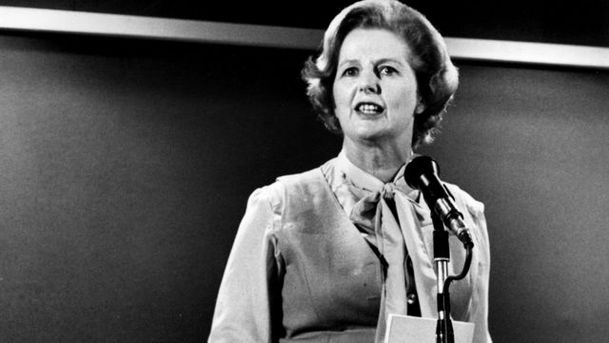Stand Down Margaret: Music's Response to Thatcherism - Opportunities (Let's Make Lots of Money)

Part 2/2: Opportunities (Let's Make Lots of Money) Jeremy Vine continues to examine pop music's response to Thatcherism, thirty years after her she became Prime Minister (following the General Election of 3 May 1979). Part one told how the stringency of Thatcher's policies provided the perfect thing to kick against and inspired a wealth of anti-government music that populated the charts during Thatcher's first six years in power. But pop was no less divided than society in the 1980s. As Jeremy's fellow students marched against Margaret Thatcher and her policies, accompanied by the music of The Specials, Elvis Costello or Billy Bragg; others were attracted by the aspirational values so beloved of Thatcher's cabinet and embraced by the New Romantics. Pop fans admired the glamorous lifestyles projected by bands like Duran Duran, Spandau Ballet or Bananarama, and if they couldn't share the wealth, at least they could look the part and share the style. Band Aid embodied the DIY ethos of Thatcherism and the Enterprise Allowance scheme, aimed at supporting the young unemployed, gave birth to countless new record labels including Soul II Soul and Creation. So, was Margaret Thatcher ultimately responsible for club culture and Brit Pop? We hear from key players of the time including Spandau Ballet's Gary Kemp, Pete Waterman of the SAW Hit Factory, Soul II Soul's Jazzie B and Creation Records' Alan McGee.